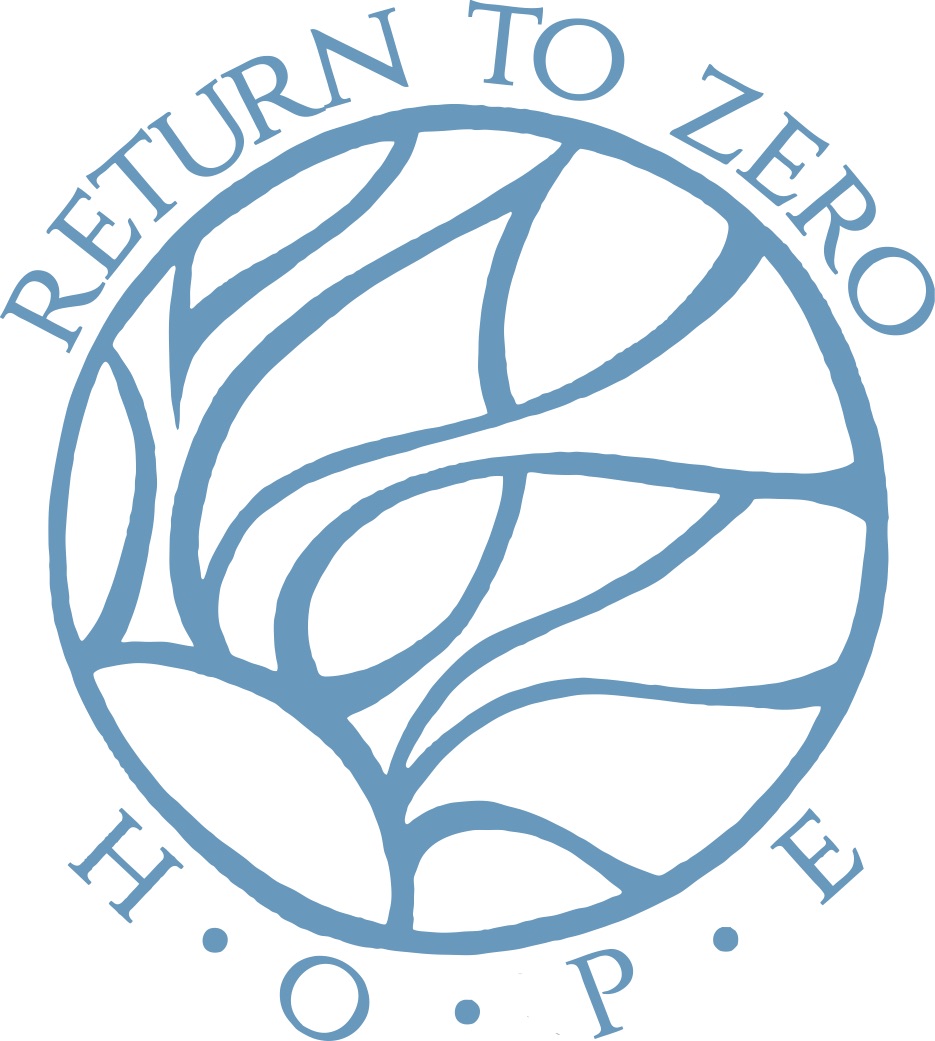Maternal Healthcare Bill of Rights
I have a right to be treated with respect, dignity, and full recognition of my personal individuality, regardless of my race, ethnicity, skin color, age, country of origin, religious affiliation, gender identity or sexual orientation.
I have a right to fair, equitable, and safe healthcare services that prioritizes my physical, spiritual, and emotional wellbeing.
I have a right to ask for services from a provider who is culturally competent and best represents my personal preferences regardless of my economic status.
I have a right to involve members of my support system in my healthcare plans and decisions.
I have a right to ask questions, make recommendations, and request consultation with my healthcare providers to discuss any aspect of my care plan.
I have a right to equal access to care, information, resources, and services, to make informed decisions about receiving the best standard of care available.
I have a right to seek a second opinion.
I have a right to speak up if I feel unheard by my care providers and/or believe my concerns are being minimized.
I have a right to express my concerns without fear of retaliation or labeled angry, aggressive, or difficult.
I have a right to file grievances about incidences of racism, poor-quality care, and discriminatory practices by any health professional I come in contact with and to have those complaints taken seriously and resolved in a timely manner.
About the author: Kima Tozay is a Licensed Clinical Social Worker in Washington State. She is dedicated to supporting and advocating for those who have experienced infertility and pregnancy and infant loss. In November 2017, Kima gave birth to her son Jaxson, who was stillborn at 28 weeks gestation due to complications caused by Preeclampsia. Kima strives to spread awareness about issues of maternal and infant mortality in communities of color.
November 2020

